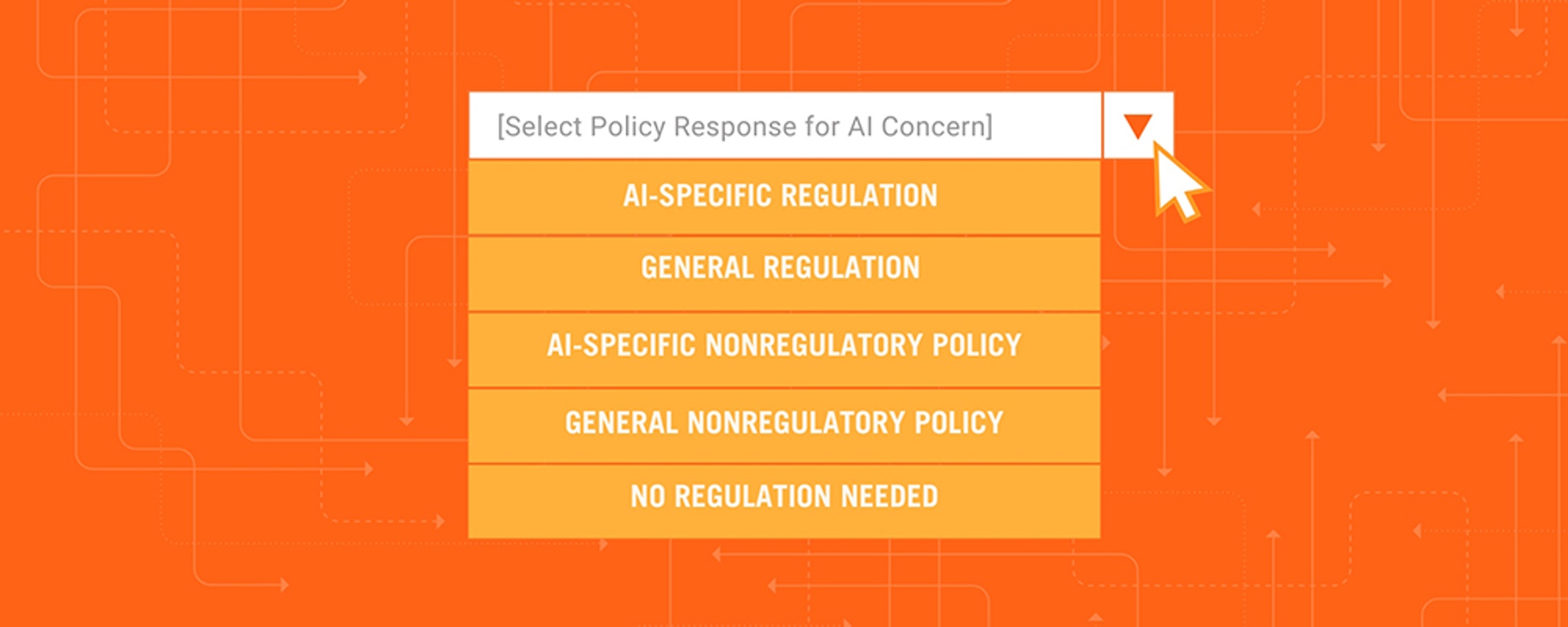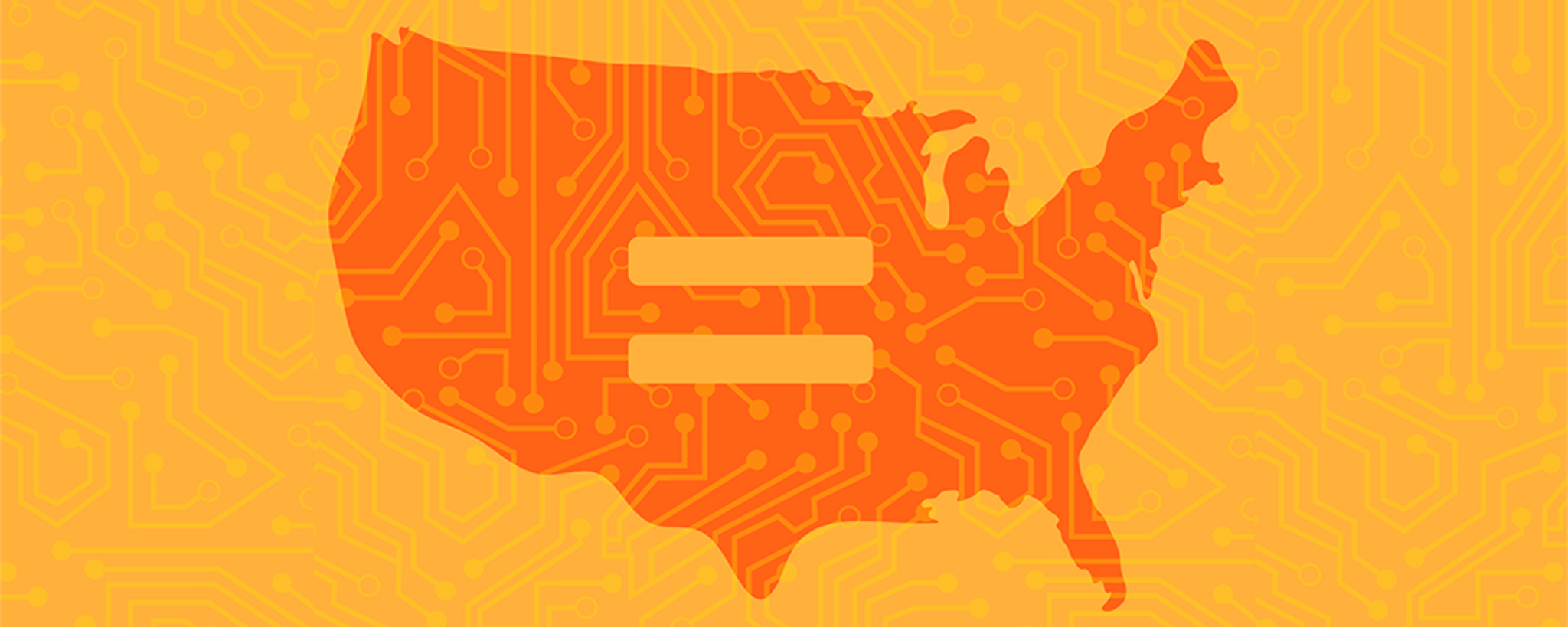Data Innovation
Navigate forward to interact with the calendar and select a date. Press the question mark key to get the keyboard shortcuts for changing dates.
Navigate backward to interact with the calendar and select a date. Press the question mark key to get the keyboard shortcuts for changing dates.
As every sector of the global economy and nearly every facet of modern society undergo digital transformation, ITIF advocates for policies that spur not just the development of IT innovations, but more importantly their adoption and use throughout the economy. ITIF’s Center for Data Innovation formulates and promotes pragmatic public policies designed to maximize the benefits of data-driven innovation in the public and private sectors.

Vice President and Director, Center for Data Innovation
Information Technology and Innovation Foundation
Read BioFeatured
More Publications and Events
March 2, 2026|Events
Tech Policy 202: Spring 2026 Educational Seminar Series for Congressional and Federal Staff
ITIF’s spring seminar course explores core emerging technologies and issues that are reshaping our world and, in the process, creating public policy challenges and opportunities. The course is open to congressional and federal staff only.
February 11, 2026|Blogs
Op-Art: The High Toll of Europe’s Payment Sovereignty
European calls for “payment sovereignty” misdiagnose the problem: Visa and Mastercard lead through competition, not coercion, and a state-backed alternative would entrench protectionism instead of enabling regulatory reforms that would let European firms scale and compete globally.
February 5, 2026|Op-Eds & Contributed Articles
Plea for Transatlantic Ties, Not Technological Autarky
In a letter to the Financial Times, Daniel Castro argues that Europe’s push for “digital sovereignty,” exemplified by France replacing Zoom and Teams with a domestic platform, risks fragmenting the transatlantic digital ecosystem and weakening security and efficiency, and that true resilience comes from interoperable systems, shared rules, and cooperation among allied countries.
February 4, 2026|Op-Eds & Contributed Articles
The Sane Insanity of Digital Sovereignty
Matthew Kilcoyne in World Commerce Review argues that Europe’s pursuit of digital sovereignty risks fragmenting the digital economy and weakening innovation, and instead calls for coordinated, interoperable infrastructure, open data flows, and shared standards to preserve scale, efficiency, and economic growth.
January 29, 2026|Blogs
Three Ways the EU’s Payment Sovereignty Strategy Undermines European Consumers
The EU’s “payment sovereignty” push is a misdiagnosed, protectionist project that would benefit incumbent banks rather than consumers. Europe should instead pursue regulatory reform and use existing tools like interchange caps and PSD2 to promote competition and lower costs.
January 26, 2026|Reports & Briefings
How the Brussels Effect Hinders Innovation in the Global South
Mandatory adoption of EU-style digital rules amounts to regulatory imperialism for many countries in the Global South. It limits technology adoption, raises compliance costs, and undermines the ability of local firms to compete with Western ones.
January 7, 2026|Blogs
New York’s AI Safety Law Claims National Alignment but Delivers Fragmentation
New York’s AI safety law claims alignment with California, but its small deviations create duplicative state requirements that fragment U.S. AI policy and increase compliance costs without improving safety.
December 16, 2025|Blogs
Europe’s ePrivacy Reforms Are Too Late—and Too Small
The European Commission’s proposed tweaks to the ePrivacy Directive offer only minor relief from intrusive cookie prompts, but to truly support innovation, free digital services, and Europe’s competitiveness, policymakers must fundamentally overhaul the outdated consent model.
December 12, 2025|Blogs
Why the DMA Interoperability Investigations Poison Innovation
The DMA’s forced interoperability undermines platform differentiation, weakens security and reliability, and ultimately leaves European consumers with degraded versions of global technologies.
December 5, 2025|Blogs
Europe Writes the Rules and the World Pays the Price
The EU’s digital rulebook, often praised as global leadership, instead forces many non-EU countries into costly regulatory alignment that stifles local innovation and entrenches global digital inequality, underscoring the need for more flexible, locally tailored frameworks.








